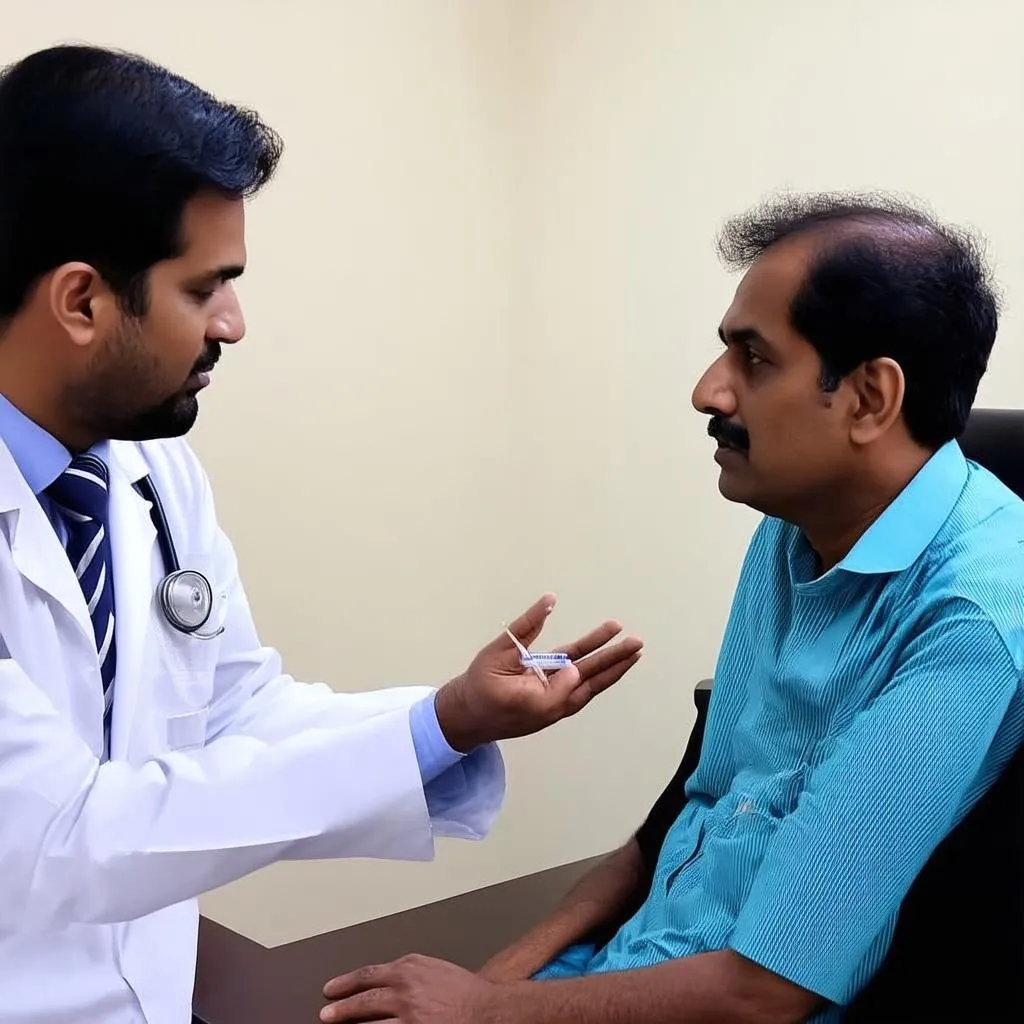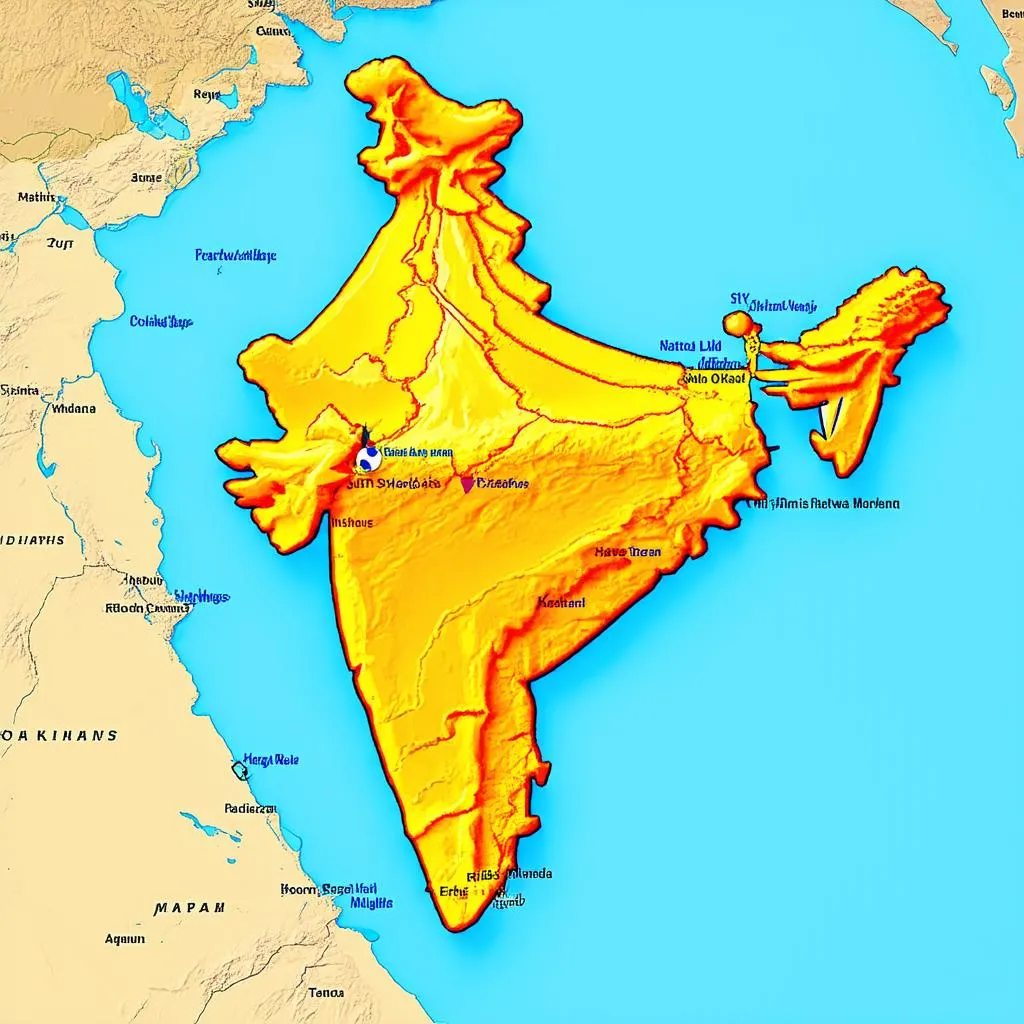“Have you dreamt of witnessing the Taj Mahal bathed in moonlight, or perhaps losing yourself in the vibrant chaos of a Delhi marketplace?” These are the kinds of experiences India promises, but before you pack your bags and grab your passport, let’s talk about ensuring you have a healthy and safe journey. One crucial aspect of trip planning is understanding the necessary vaccines for travel to India.
Essential Vaccines for India: Staying Safe and Healthy on Your Adventure
While the thought of navigating unfamiliar medical systems in a foreign country can seem daunting, being prepared can make all the difference.
Routine Vaccinations: Your First Line of Defense
Before focusing on India-specific recommendations, ensure your routine vaccinations are up-to-date. This includes:
- Measles, Mumps, Rubella (MMR): This combination vaccine protects against three highly contagious viral diseases.
- Diphtheria, Tetanus, Pertussis (DTaP): This vaccine safeguards against serious bacterial infections.
- Polio: This vaccine protects against poliomyelitis, a debilitating and life-threatening disease.
- Hepatitis A and B: These vaccines are crucial for preventing viral hepatitis, which can cause severe liver damage.
Recommended Vaccinations for India: Navigating Health Risks
While not always mandatory, these vaccines are strongly recommended to protect against diseases more prevalent in India:
- Typhoid: This bacterial infection, spread through contaminated food and water, is a risk in India. It’s recommended to get vaccinated, especially if you plan to venture off the beaten path.
- Japanese Encephalitis: This mosquito-borne viral disease can lead to serious neurological complications. If your itinerary includes rural areas, particularly during monsoon season, vaccination is crucial.
- Rabies: While rabies vaccination won’t prevent infection, it can buy you precious time to seek treatment if you’re bitten by an infected animal.
- Cholera: Although rare for travelers, cholera outbreaks can occur. Consider the vaccine if you’re visiting high-risk areas or have concerns about food and water hygiene.
Malaria: Prevention is Key
Malaria is a risk in some parts of India, particularly during and after the monsoon season. Consult your doctor about antimalarial medication and follow these preventive measures:
- Use insect repellent: Apply DEET-based repellents to exposed skin.
- Sleep under mosquito nets: Choose accommodations with mosquito nets and ensure they are properly tucked in.
- Wear protective clothing: Long sleeves and pants can help reduce mosquito bites.
Dr. Anya Sharma, a travel health specialist and author of “The Healthy Traveler’s Guide to India,” emphasizes, “Prevention is your best defense when it comes to travel health. Consult a travel medicine clinic at least 6-8 weeks before your trip to discuss your itinerary and receive personalized vaccine recommendations.”
 Travel health
Travel health
Planning Your Vaccination Schedule: Timing is Key
Remember, some vaccines require multiple doses spread out over weeks or even months. Begin your vaccinations well in advance of your trip to ensure your body builds up immunity.
Additional Tips for a Healthy Trip to India
- Drink bottled water: Avoid consuming tap water, even for brushing your teeth. Opt for bottled water and ensure the seal is unbroken.
- Be cautious with food: Choose well-cooked and hot food from reputable establishments. Avoid raw fruits and vegetables unless you can peel them yourself.
- Pack a basic medical kit: Include essentials like pain relievers, anti-diarrheal medication, antiseptic wipes, and any personal medications.
Frequently Asked Questions: Addressing Your Concerns
Q: Are there any mandatory vaccines for entry into India?
A: As of 2023, there are no mandatory vaccines for entering India from most countries. However, regulations can change, so it’s crucial to check with the Indian embassy or consulate in your home country for the most up-to-date information.
Q: Where can I get vaccinated?
A: You can receive travel vaccinations at your doctor’s office, travel health clinics, or local health departments.
Q: Do I need a yellow fever vaccination if I’m traveling from a yellow fever-endemic country?
A: Yes, proof of yellow fever vaccination is required if you are arriving from a country with a risk of yellow fever transmission.
 Travel Guide
Travel Guide
Embrace the Adventure: Explore India with Confidence
By following these vaccination guidelines and taking necessary precautions, you can relax and savor the magic of India. From the serene backwaters of Kerala to the majestic Himalayas, a world of wonder awaits you. Don’t let preventable health concerns hold you back!
For more tips on planning your dream trip to India, explore the wealth of resources on travelcar.edu.vn.